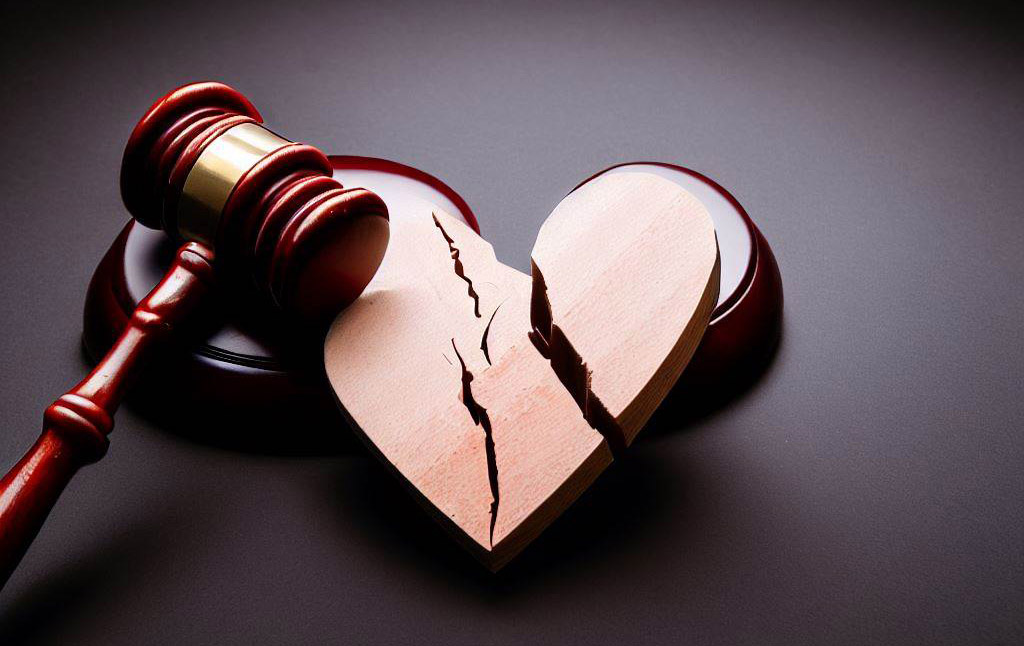
What are the stages of divorce case in Indore?
What are the stages of divorce case in Indore?
In Indore, like in most parts of India, the process of divorce involves several stages, each with its own set of procedures and requirements. Here’s a detailed breakdown of the stages of a divorce case in Indore:
- Filing the Petition:
- The divorce process typically begins with one spouse, known as the petitioner, filing a petition for divorce in the appropriate family court in Indore. The petition outlines the grounds for divorce and other relevant details, such as the couple’s marriage date, living arrangements, and details about any children.
- Service of Summons:
- After filing the petition, the petitioner must serve a copy of the petition and summons to the other spouse, known as the respondent. This serves as official notice of the divorce proceedings and provides the respondent with an opportunity to respond to the allegations made in the petition.
- Response and Counterclaim:
- Upon receiving the summons, the respondent has a specified period to file a response to the petition. The response may include a counterclaim, wherein the respondent presents their own grounds for divorce or contests the allegations made by the petitioner.
- Discovery and Evidence Gathering:
- Both parties engage in the process of discovery, wherein they exchange relevant documents and information related to the divorce case. This may include financial records, property deeds, and any other evidence pertinent to the issues at hand, such as child custody or alimony.
- Mediation or Settlement Negotiation:
- Many courts in Indore encourage divorcing couples to attempt mediation or settlement negotiations to resolve issues amicably. Mediation involves the assistance of a neutral third-party mediator who facilitates discussions between the parties in an effort to reach a mutually acceptable agreement.
- Trial Proceedings:
- If mediation or settlement negotiations are unsuccessful, the divorce case proceeds to trial. During the trial, both parties present their evidence, call witnesses if necessary, and make arguments to support their respective positions. The judge considers all evidence and testimony presented before issuing a final judgment.
- Final Judgment and Decree of Divorce:
- Following the trial, the judge issues a final judgment, either granting or denying the divorce based on the evidence and legal arguments presented. If the divorce is granted, the judge issues a decree of divorce, officially terminating the marriage.
- Post-Divorce Matters:
- After the divorce is finalized, there may be additional matters to address, such as child custody arrangements, visitation schedules, alimony or spousal support payments, and the division of marital assets and debts. These post-divorce matters are typically addressed in the final decree of divorce or through separate court orders.
- Appeals (if applicable):
- In some cases, either party may choose to appeal the court’s decision if they believe there were errors in the legal process or the judgment itself. Appeals are heard by higher courts, and the appellate court reviews the trial court’s decision to determine if it should be upheld, modified, or reversed.
- Implementation of Orders:
- Once all legal proceedings are concluded, both parties are required to comply with the terms of the divorce decree and any related court orders. This may include transferring property titles, making financial payments, and adhering to child custody and visitation arrangements as specified in the court’s orders.
It’s important to note that the duration and specific procedures of a divorce case in Indore may vary depending on factors such as the complexity of the issues involved, the willingness of both parties to cooperate, and the caseload of the court. Additionally, seeking guidance from a qualified family lawyer in Indore can help navigate the complexities of the divorce process and ensure that your rights and interests are protected at each stage.
Disclaimer: This information is intended for general guidance only and does not constitute legal advice. Please consult with a qualified lawyer for personalized advice specific to your situation.
Adcocate J.S. Rohilla (Civil & Criminal Lawyer in Indore)
Contact: 88271 22304
